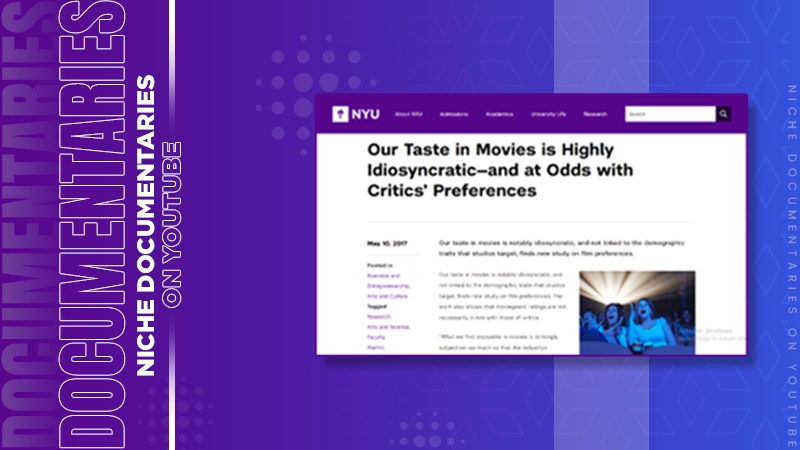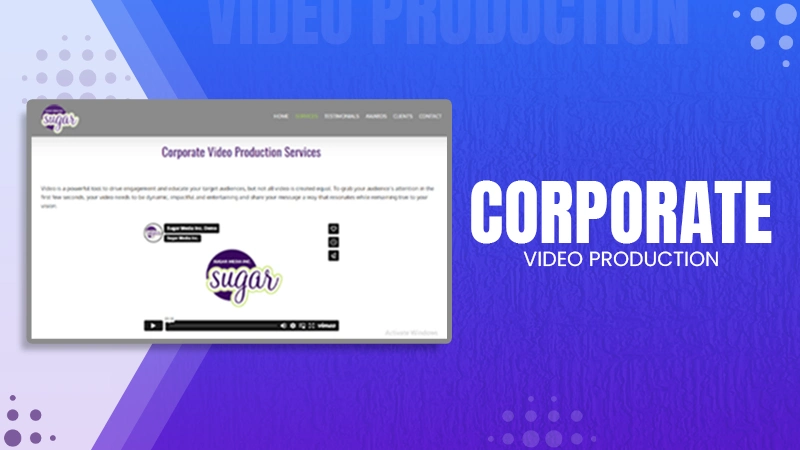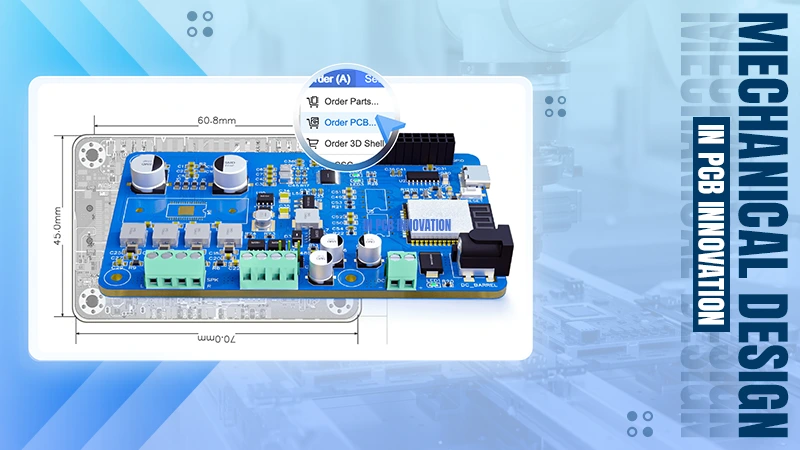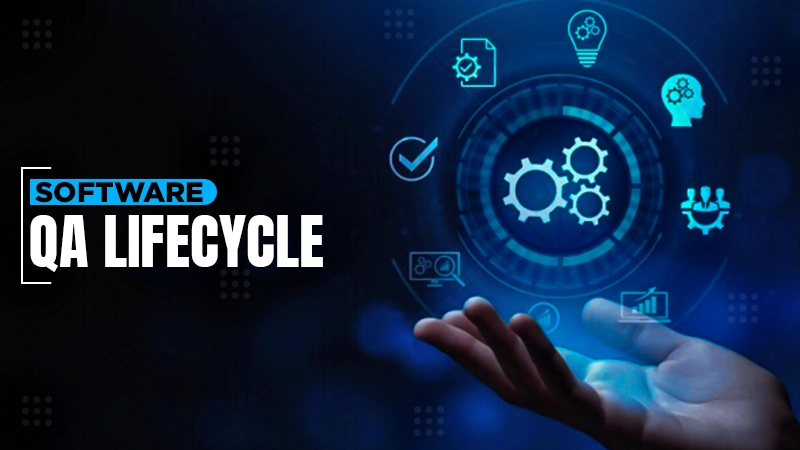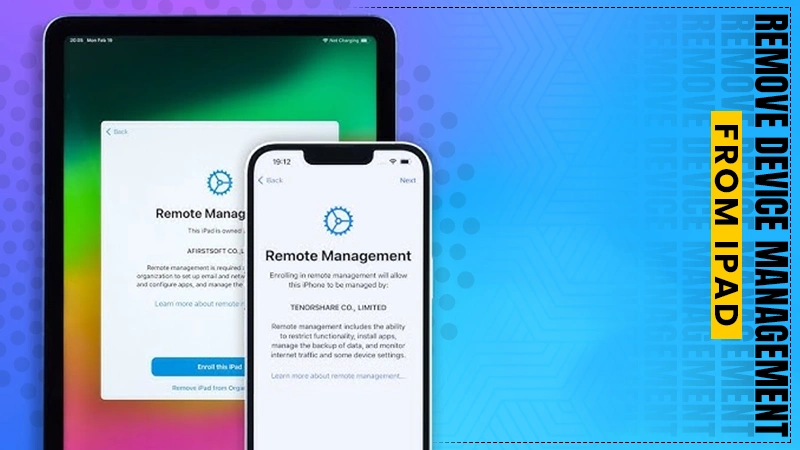How AI-Powered Code Generation is Transforming Software Development
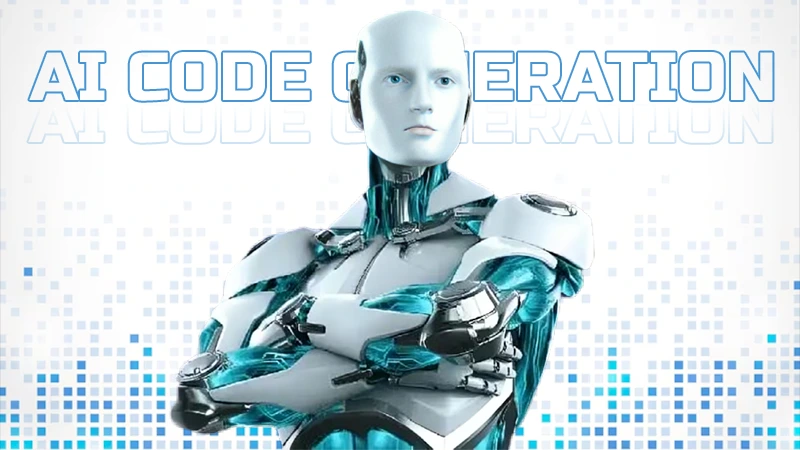
The software development landscape is undergoing a revolutionary transformation driven by the emergence of AI-powered code generation tools. Much like the volatile Dogecoin price that captured the tech world’s attention, these sophisticated systems, powered by large language models and machine learning algorithms, are reshaping how developers write code, optimize workflows, and deliver software solutions. AI assistants are becoming indispensable partners in the/ modern developer’s toolkit.
This transformation mirrors the broader technological revolution we’re witnessing across industries, where artificial intelligence is democratizing complex processes. Just as cryptocurrency trading platforms have made financial markets more accessible to everyday investors, AI-powered code generation is breaking down barriers in software development, enabling developers of all skill levels to create more sophisticated applications with greater efficiency. The impact of this shift extends beyond individual developers to reshape entire organizations’ approach to software creation and maintenance.
The Rise of AI Code Generation
The concept of automated code generation isn’t new, but recent advances in artificial intelligence have catapulted this technology into a new era of capability and reliability. Today’s AI coding assistants can understand context, interpret natural language prompts, and generate functionally complete code snippets that align with best practices and patterns.
GitHub Copilot, launched in 2021, marked a turning point in this evolution. Trained on billions of lines of public code, it demonstrated that AI could do more than just autocomplete basic syntax – it could understand the intent and generate meaningful code solutions. This breakthrough has sparked a wave of innovation, with major tech companies and startups alike investing heavily in similar technologies.
Impact on Developer Productivity
The introduction of AI code generation tools has led to significant productivity gains across the software development industry. Studies indicate that developers using these tools report:
- 30-40% faster coding speeds
- Reduced time spent on boilerplate code
- More focus on high-level problem-solving
- Decreased context-switching between documentation and coding
Rather than replacing developers, these tools are augmenting their capabilities. They handle routine tasks and generate common patterns, allowing developers to concentrate on architecture, design decisions, and complex problem-solving – areas where human creativity and judgment remain invaluable.
Changing Development Workflows
AI-powered code generation is fundamentally changing how developers approach their work. Traditional development workflows are evolving to incorporate these new capabilities:
Planning and Design
Developers can now start with high-level descriptions of functionality and let AI tools generate initial implementations. This enables rapid prototyping and faster iteration of design ideas.
Code Implementation
Instead of writing everything from scratch, developers increasingly begin with AI-generated code and then modify it to meet specific requirements. This approach is efficient for:
- Standard algorithms and data structures
- API integrations
- Common design patterns
- Unit test generation
Code Review
AI tools are being used to analyze code quality, identify potential bugs, and suggest optimizations before human review, streamlining the review process.
Challenges and Considerations
While the benefits are substantial, the integration of AI code-generation tools presents several challenges:
Code Quality and Security
Generated code must be carefully reviewed for:
- Security vulnerabilities
- Performance implications
- Adherence to project standards
- Licensing compliance
Developer Skills Evolution
The role of developers is shifting, requiring new skills:
- Effective, prompt engineering
- Critical evaluation of generated code
- Integration of AI tools into existing workflows
- Understanding AI limitations and capabilities
Technical Debt
Organizations must carefully manage the introduction of AI-generated code to prevent:
- Inconsistent coding standards
- Unnecessary complexity
- Poor documentation
- Maintenance challenges
Best Practices for Integration
Successfully incorporating AI code generation tools requires a thoughtful approach:
- Clear Guidelines: Establish team policies for when and how to use AI-generated code
- Quality Control: Implement robust review processes for AI-generated code
- Training and Education: Ensure developers understand both the capabilities and limitations of AI tools
- Documentation: Maintain clear documentation of how AI tools are used in the development process
Future Implications
The future of AI-powered code generation holds exciting possibilities:
Enhanced Capabilities
- More sophisticated understanding of complex requirements
- Better handling of edge cases and error conditions
- Improved integration with development environments
- Advanced code optimization suggestions
Industry Evolution
- Changes in hiring practices and required skill sets
- New roles focused on AI tool optimization
- Evolution of development methodologies
- Shifts in education and training approaches
Conclusion
AI-powered code generation represents a significant leap forward in software development technology. While it won’t replace human developers, it is fundamentally changing how we approach software development. Organizations that successfully integrate these tools while addressing the associated challenges will gain significant competitive advantages in terms of productivity and innovation.
The key to success lies in viewing AI code generation not as a replacement for human expertise but as a powerful tool that enhances developer capabilities. As these technologies continue to evolve, their impact on software development will only grow, making it essential for developers and organizations to adapt and embrace this transformation while maintaining high standards of code quality and security.
The future of software development is not about AI replacing developers – it’s about developers leveraging AI to push the boundaries of what’s possible in software creation. Those who master this symbiotic relationship will be well-positioned to lead the next generation of software innovation.
